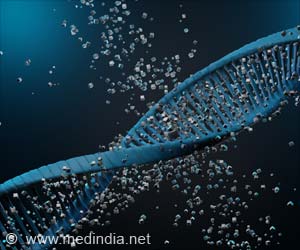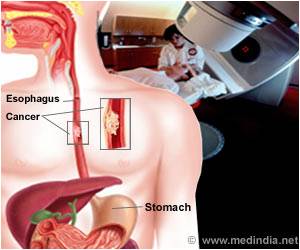Researchers at Moores Cancer Centre at the University of California, San Diego have found that low levels of vitamin D may play a crucial role in cancer development.
Recent research has found a close link between vitamin D deficiency and cancer development. The research was carried out by scientists at the Moores Cancer Centre at the University of California.
Lead researcher Cedric Garland, professor of family and preventive medicine at the UC San Diego School of Medicine, said that vitamin D may halt the first stage of the cancer process by re-establishing intercellular junctions in malignancies having an intact vitamin D receptor.The research team claim to have developed a model, called DINOMIT that hinges on a loss of cancer cells' ability to stick together.
"The first event in cancer is loss of communication among cells due to, among other things, low vitamin D and calcium levels," said Garland.
"In this new model, we propose that this loss may play a key role in cancer by disrupting the communication between cells that is essential to healthy cell turnover, allowing more aggressive cancer cells to take over," he added.
The researchers suggest that such cellular disruption could account for the earliest stages of many cancers.
"Competition and natural selection among disjoined cells within a tissue compartment, such as might occur in the breast's terminal ductal lobular unit, for example, are the engine of cancer," Garland said.
Advertisement
"The DINOMIT model provides new avenues for preventing and improving the success of cancer treatment," he added.
TAN/L














